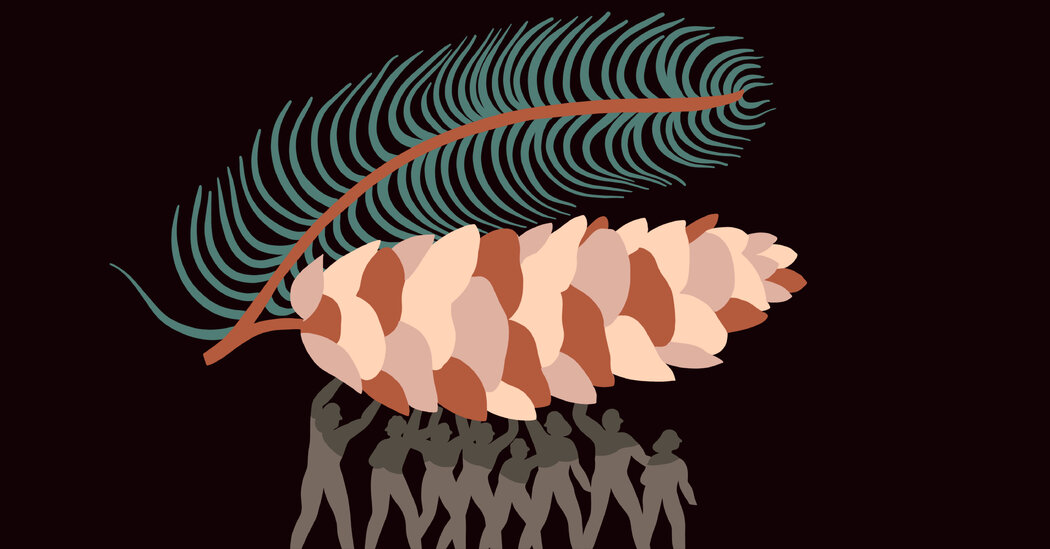Life in a Remote, Unconventional Community
Annika Norlin’s novel, “The Colony,” follows a group living in a remote Swedish forest, united only by their dark pasts. The story introduces an adult orphan named József, a rootless Hungarian man in Sweden, who ends up in this settlement due to his connection with Sara, a charismatic criminal. She leads him to a community where a woman she met in prison is raising a teenager, while defrauding the state. József finds companionship only in a chicken named Dr. Snuggles. This setting is portrayed as a small community existing beyond societal norms, occupied by diverse individuals with unique backgrounds.
A Group of Misfits in the Swedish Forest
Emelie, our primary witness to the intricacies of the Colony, finds herself entranced by its alluring simplicity and the intimate connections between its members, even as she senses the underlying tension that simmers beneath the surface. Her exposure to the Colony’s way of life offers a profound contrast to her previous urban life marked by isolation and exhaustion. Through her eyes, we see how the mundane act of sharing meals or gathering together under Big Spruce transforms into sacred rituals, binding the members into a cohesive whole. As she continues to observe their daily rituals, Emelie grapples with her own feelings of longing and belonging, reflecting on how the community’s strength lies not only in their shared history of trauma but in their capacity for creating new narratives through mutual support. Her reflections paint a picture of a community that, for all its tribulations, provides a place where members find a sort of redemption and togetherness in a world that often feels disconnected and harsh.
The Members of the Colony
The members of the Colony move through their days with an instinctual rhythm, relying on each other to maintain equilibrium within their community. Despite the idyllic setting, each person carries a heavy burden of past pain, creating an undercurrent of tension. As they strive to find balance in their lives, moments of connection and understanding between the members foster a sense of solidarity. However, the challenges they face are not just external; their internal struggles highlight the fragility of this utopian existence. As they navigate the delicate harmony they’ve built, the question remains whether this microcosm of society can truly sustain itself against the weight of individual burdens and the complexities of human nature.
A Delicate Balancing Act in Character Development
As the novel unfolds over two decades, the characters each undergo their own deeply personal struggles, pushing against the boundaries of their secluded life. Despite the harmony and roles carved out within the Colony, the outside world inevitably casts a long shadow, particularly over the younger members who yearn for experiences beyond the forest. The delicate fabric of their community is tested by individual desires and the natural passage of time, forcing the group to confront the reality of their isolation and the sacrifices it entails. József, with his haunted past, finds himself grappling with unresolved trauma, while Aagny’s resilience is stretched thin by the relentless conditions and her own personal demons. In these moments, the communal support they rely on becomes both a source of strength and a potential demise, highlighting the fragility of their utopian existence.
The Role of Translation in Bringing the Story to Life
In “The Colony,” Annika Norlin has woven a tale rich with evocative imagery and complex emotional landscapes, exploring themes of belonging, identity, and the influence of charismatic leaders. Through a diverse set of characters, each haunted by their past and searching for connection, the novel delves into the intricate dynamics of an isolated community. Norlin’s narrative, translated with precision by Alice E. Olsson, captures the stark beauty and underlying tensions of this enigmatic society, leaving lingering questions about the nature of human relationships and the sacrifices we make for the semblance of harmony.















Post Comment